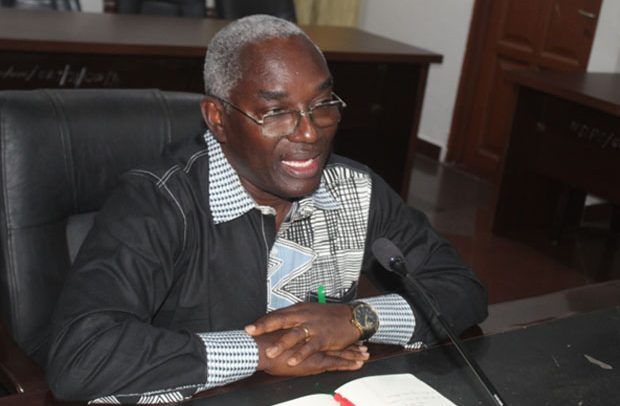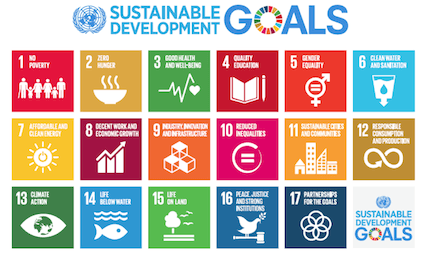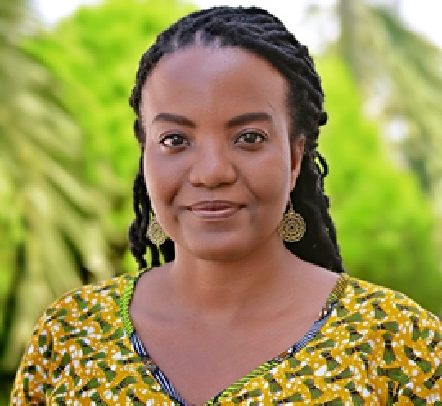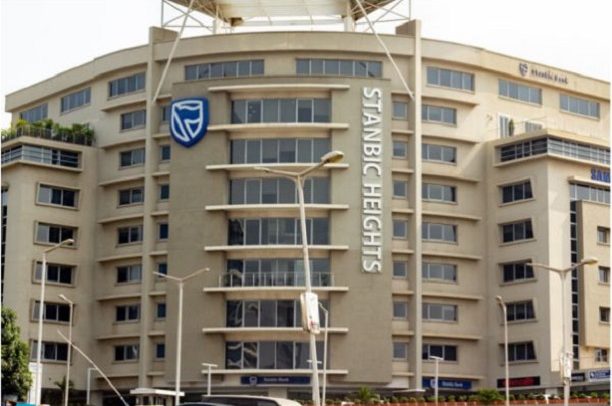
In July this year, Ghana will be among 47 countries that will be presenting findings of their national review of the Sustainable Development Goals (SDGs) implementation. This will be the first time for Ghana and the second time for seven other countries, including Sierra Leone, a West Africa neighbour.
The Voluntary National Review (VNR) on the SDGs will take place during the High-level Political Forum on Sustainable Development (HLPF) in New York from 8 – 19 July. The central platform for follow-up and review of the 2030 Agenda for Sustainable Development and the SDGs, the HLPF will be held under the auspices of the Social and Economic Council of the United Nations.
Hailed as a critical SDG stocktaking event, the Forum presents a unique opportunity to highlight progress and action at the local and country levels and how those efforts can collectively make a greater impact globally.. The VNRs aim to strengthen policies and institutions of governments and to mobilize multi-stakeholder support and partnerships for the implementation of the SDGs.
Ghana officially launched the start of the review process in January this year paving the way for the SDGs Implementation Committee to begin work on multi-stakeholder engagement and consultations, information gathering and consolidation and on data analysis to examine the level of implementation of the SDGs in the country.
Since the beginning of the process, the United Nations in Ghana and other key stakeholders have stepped in support of the NDPC-led stakeholder engagements and sensitizations. The United Nations-supported financially as well as with expert advice through its Data Working Group and other interagency working groups.
Given the significance of the availability, accessibility and analysis of good data, the Ghana Statistical Services data team members were trained on data and metadata templates and assisted to compile the required data for the VNR report.
The UN conducted a U-Report to receive feedback from young people on their understanding of the SDGs, the result of which was presented at the stakeholder consultations. The UN-developed Youth Development Index contributed immensely in assessing progress on youth engagement in the implementation process.
Migration is a critical focus area that, when well-managed, could provide great opportunities for countries such as Ghana. And to ensure it is not overlooked, the UN made accessible the Migration Governance Index, in order to capture data and SDGs and migration interventions, especially in the area of governance, in the country.
Additionally, over 10,000 youth were reached through a social media campaign on migration. In partnership with the CSO Youth Advocate Ghana (YAG), the UN was able to engage and solicit youth views on migration to be captured in the report.
Stakeholder consultations were held in Cape Coast, Kumasi and Tamale. The three cross-cutting issues bordering on Youth engagement in implementing the SDGs, Leaving no One Behind and Synergies among stakeholders for the Goals. Throughout the three key stakeholder consultations, the United Nations in Ghana facilitated some of the sessions and supported NDPC and Civil Society Organisations in fostering an inclusive and participatory process of engagement and ensured topics discussed were comprehensive and strategic.
The team, led by the NDPC, reached out to the Ghana Federation of the Disabled, students in primary and secondary schools, market squares, lorry stations, and local folks like fishermen and farmers. News editors and reporters were targeted for training with the expectations that their increased knowledge and understanding on the SDGs will intensify discussions around them and persuade the public to hold duty bearers accountable.
At the end of the consultations and engagements, the NDPC prepared a progress report. The report was validated by stakeholders including development partners, Civil Societies and private sector, youth groups, media, academia and national development planners at various sessions organized by the NDPC and the Ministry of Planning. The validation sessions provided stakeholders and UN technical officers, the opportunity to examine the content of the report and make useful input prior to its finalisation.
Ghana’s participation in the 2019 VNR, the first since the adoption of the SDGs, is particularly significant since, for the first time, a progress report on the implementation of the Agenda 2030 is available. The progress report will also provide useful indicators moving forward.
There is no doubt that the VNR process has demonstrated the efficacy of inclusiveness in the implementation of the SDGs. Inclusive engagement allows for a common understanding of the issues to be addressed and therefore makes room for the needed support from all stakeholders.
Beyond the VNR, the United Nations, through the UN Sustainable Development Partnership (UNSDP) which was signed with the Government of Ghana in 2018, will continue to support the country’s ambitions to achieve the SDGs for a shared prosperous economy, social investment in people, inclusive accountable governance institutions, and a protected and safe environment.
Read Full Story

























Facebook
Twitter
Pinterest
Instagram
Google+
YouTube
LinkedIn
RSS